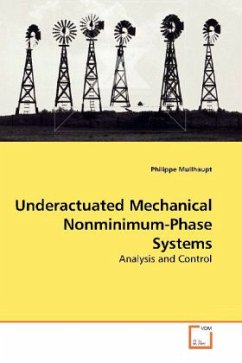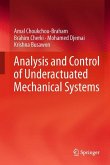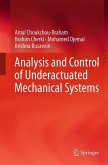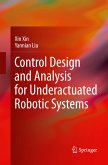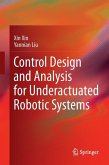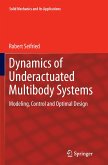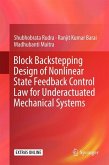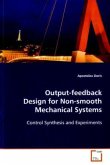Underactuated mechanical systems have fewer independent actuators than the number of degrees of freedom. This thesis establishes the formal link between nonminimum phase and underactuation and proposes suitable control techniques. Two-link underactuated mechanical systems without friction are shown to be nonminimum phase for those outputs that i) correspond to an arbitrary combination of the coordinates, and ii) are small-time locally controllable. On the control side, the forces present in these systems are separated into two categories, namely the actuator forces (direct effect of the input), and the state-dependent forces (integral effect of the input) such as gravity, Coriolis, centrifugal and possibly aerodynamic forces. The first scheme neglects the direct influence of the input, leading to a minimum-phase, flat approximation. The second strategy does not neglect the nonminimum-phase part but rather transforms it into a delay. These schemes are illustrated on a two-degree-of-freedom helicopter termed the Toycopter. In this system, the aerodynamic force is manipulated by changing the propeller rotation speed while maintaining the angle of attack constant.
Bitte wählen Sie Ihr Anliegen aus.
Rechnungen
Retourenschein anfordern
Bestellstatus
Storno

